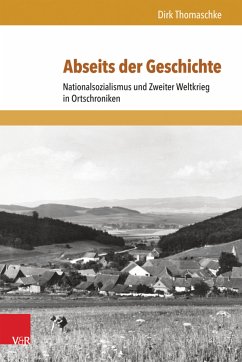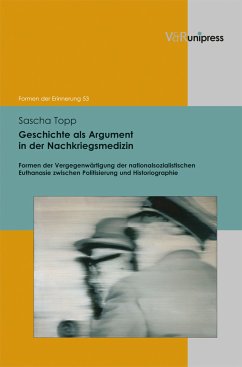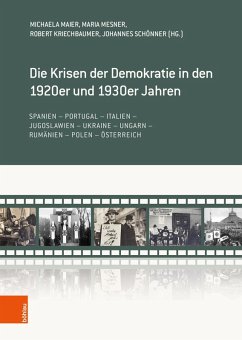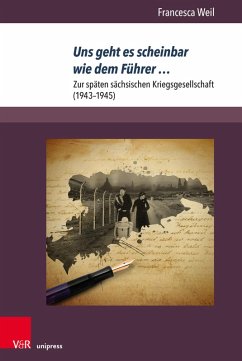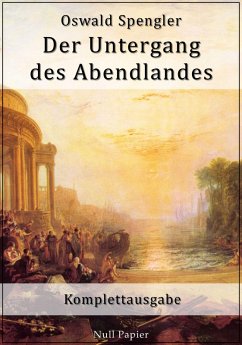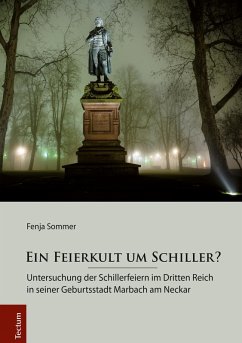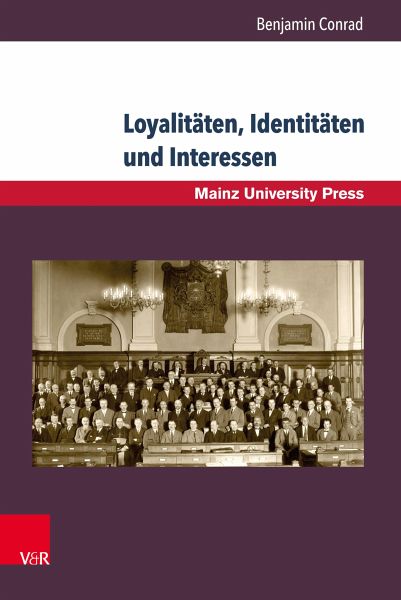
Loyalitäten, Identitäten und Interessen (eBook, PDF)
Deutsche Parlamentarier im Lettland und Polen der Zwischenkriegszeit

PAYBACK Punkte
0 °P sammeln!
The topic of this book focusses on the German members of parliament in Poland and Latvia in the period between the two World Wars. Before 1918, Germans made up the largest proportion of the (co-)ruling elite in the respective territories of the predecessor States; after 1918, however, they were relegated to minority status. The loyalties and identities of the German members of the Latvian and Polish parliaments not only depended on their expectation that a territorial revision would take place, but also on the opportunities to participate the government offered them. The interwar period can be...
The topic of this book focusses on the German members of parliament in Poland and Latvia in the period between the two World Wars. Before 1918, Germans made up the largest proportion of the (co-)ruling elite in the respective territories of the predecessor States; after 1918, however, they were relegated to minority status. The loyalties and identities of the German members of the Latvian and Polish parliaments not only depended on their expectation that a territorial revision would take place, but also on the opportunities to participate the government offered them. The interwar period can be subdivided into a democratic and a (later) authoritarian phase in both countries. In this vein, the book also examines how the emergence of authoritarian rulers impacted the identity and actions of German parliamentarians.
Dieser Download kann aus rechtlichen Gründen nur mit Rechnungsadresse in A, B, BG, CY, CZ, D, DK, EW, E, FIN, F, GR, H, IRL, I, LT, L, LR, M, NL, PL, P, R, S, SLO, SK ausgeliefert werden.




